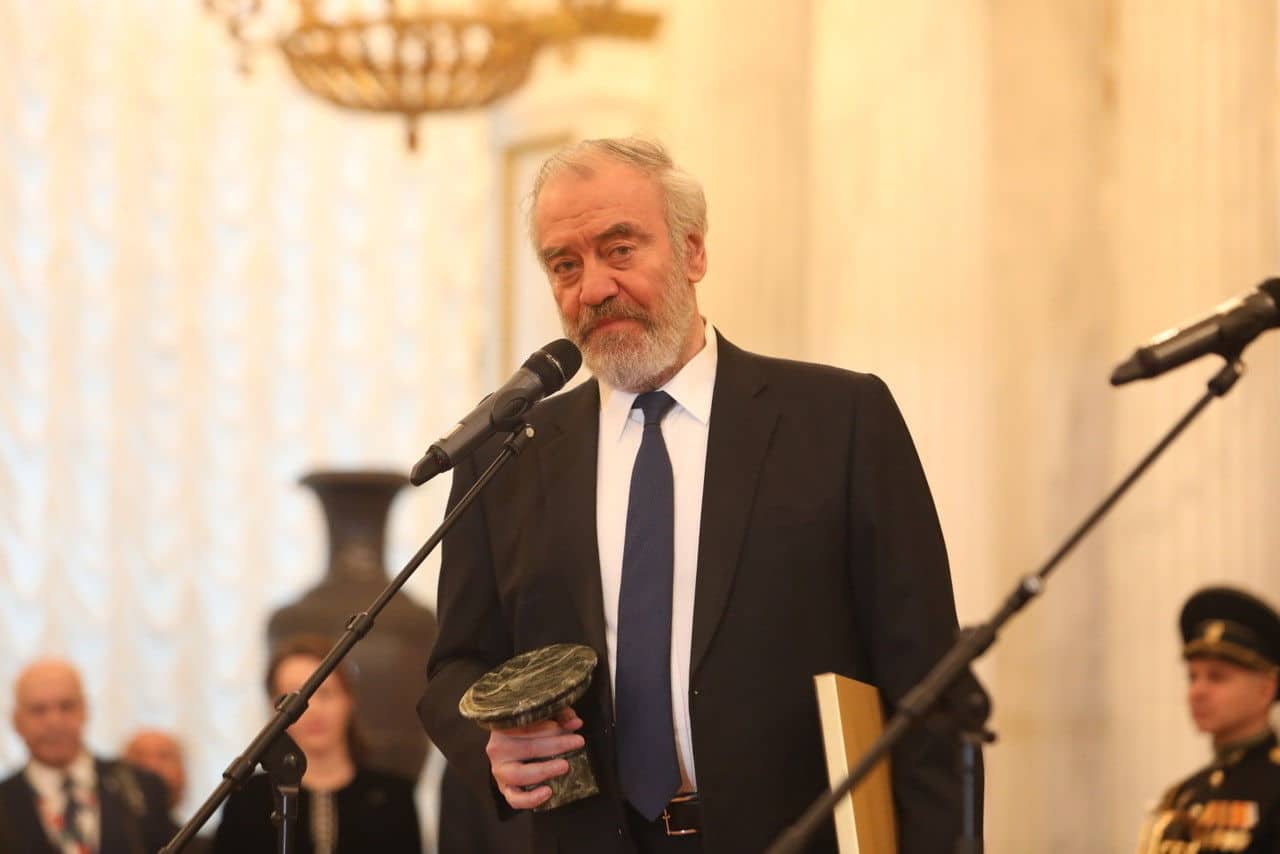German government pays for Hindemith boom
mainBerlin’s NeuStartKultur grants to solo artists who were left without work during Covid is producing a surge in recordings of Paul Hindemith, who wrote a lot of stuff you can play alone at home.
Like this, from the Frankfurt-based Israeli cellist Yotam Baruch.






Gebrauchsmusik, but also good listening when performed so well.
It is such an honor, after such a crazy frustrating year, to be feature in here! Making this Video was a challenge in every single sense. Thank you also for your support of musicians and artists in this time. And it was a pleasure to work with the conditions we were granted by NeuStart Kultur.
Neustart Kultur is a national program. Musikfonds, the administering organization, just happens to be in Berlin.
Covid-music.
The beautiful video art is by Renata Bueno Tavares
I’d modify your phrasing just a bit. Hindemith wrote a lot of music that can be played alone, at home. But whether “you” can play it alone at home usually depends on having some pretty considerable chops – and a truly fine instrument and bow help too. It is not given to every person who plays cello to have fun playing this sonata for example.
But in general I’d say that Hindemith’s standing will be helped considerably by exposure to the actual music versus its reputation. Too many lazy writers on music have implied that all of it is “Gebrauchsmusik” which isn’t true, and even Hindemith himself came to realize that his choice of the description “Gebrauchsmusik” was an unfortunate one, as not only was the word itself rather unattractive, but it implied the existence of “useless music” which is a horrid thought that he himself did not mean to imply.
Sadly, a great deal of Hindemith’s music is ignored in the United States. “Mathis der Maler” has never received a full production at a major opera house. (New York City Opera gave an abbreviated version sometime in the 1990’s, and there was a student production at USC). “Cardillac” was produced years ago at Santa Fe Opera, but it sank and died. Although Hindemith took refuge from the Nazis by teaching at Yale in the late 1930’s and 1940’s, the Metropolitan Opera ignored him. It is time to rectify a great injustice.
Well, to start with, you’ll have to find someone competent to translate the libretto into English that (a) makes sense and (b) fits the rhythm of the music; you’ll also have to find enough paying punters willing to sit through it all. Good luck with all that!
Now that American opera has surtitles, translation has become unthinkable.
And if the NYCO Mathis was cut, it wasn’t cut much. (I was there.)